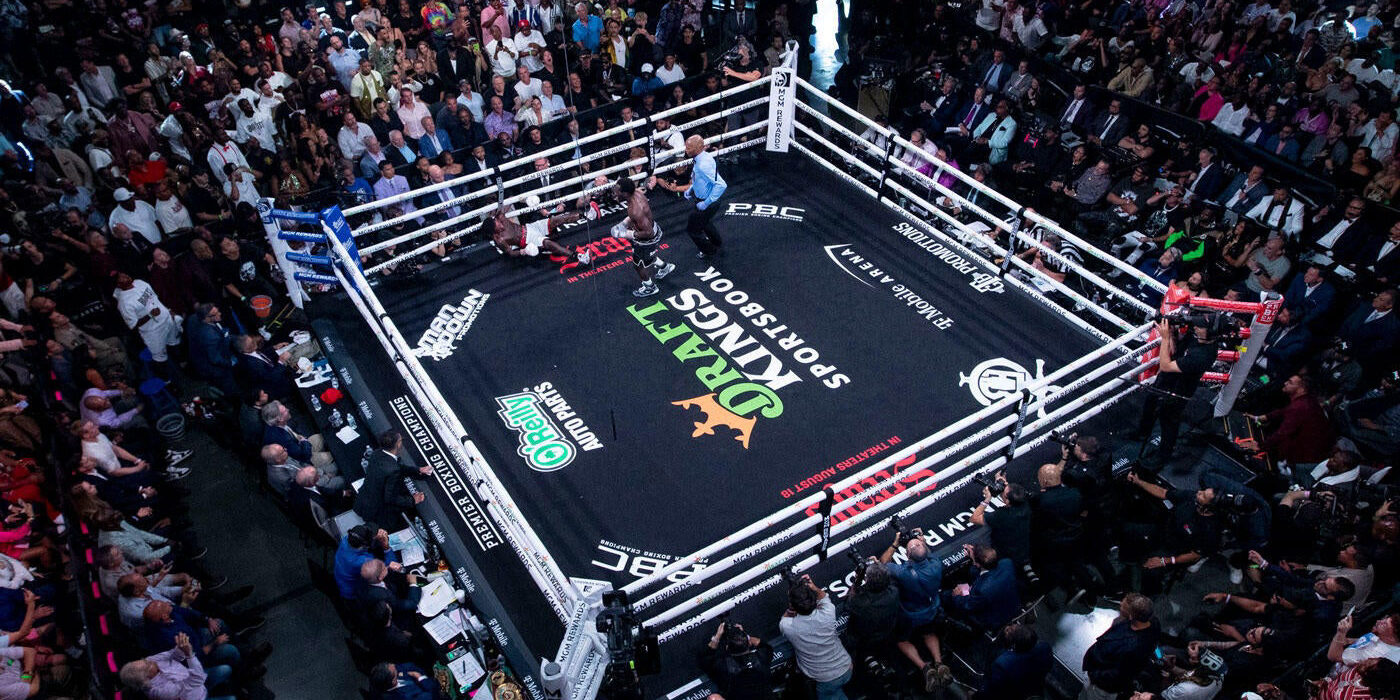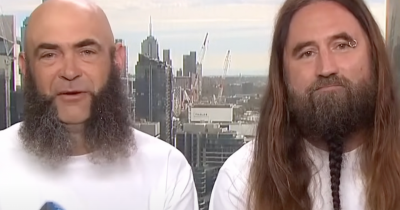fypfeed News on the 11th of August 2025.
Two Japanese Boxers Die Japan’s boxing scene has been in shock after two boxers who were both just 28 years old died of brain injuries that occurred in the same evening at the same match in Tokyo the event that is being called an unimaginable Japanese Boxing-related tragedy.
On August 2nd, Shigetoshi Kotari and Hiromasa Urakawa both collapsed during separate fights on Korakuen Hall, an iconic venue for fighting sport in Japan. Despite medical intervention in the emergency the fighters did not survive and their deaths have ignited a new discussion about the risks of boxing professional.
Shigetoshi Kotari Death After 12-Round Bout
Featherweight challenger Shigetoshi Kotari was stricken with serious injuries after a brutal 12-round battle with Oriental and Pacific Boxing Federation (OPBF) junior lightweight champion Yamato Hata.
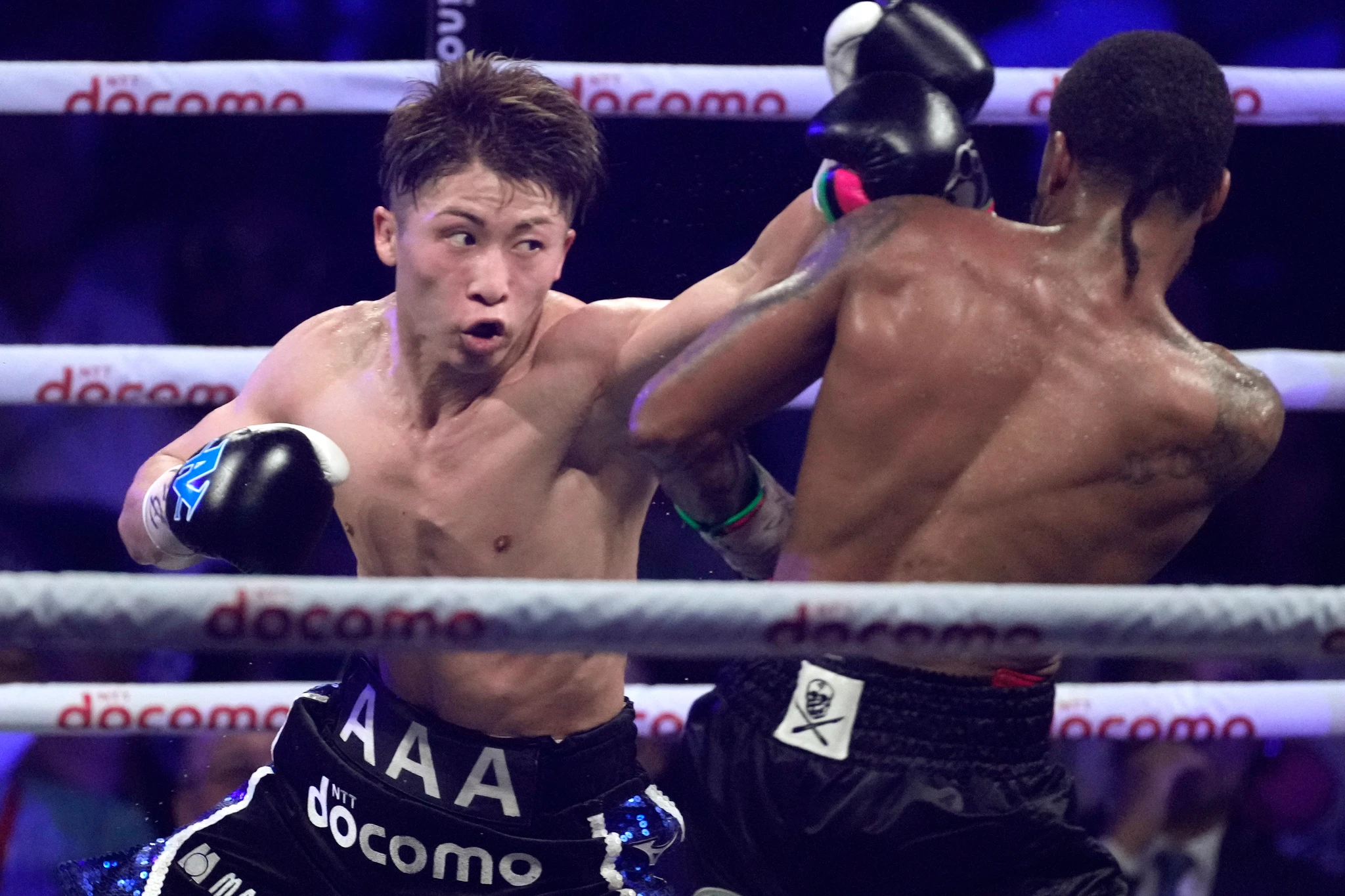
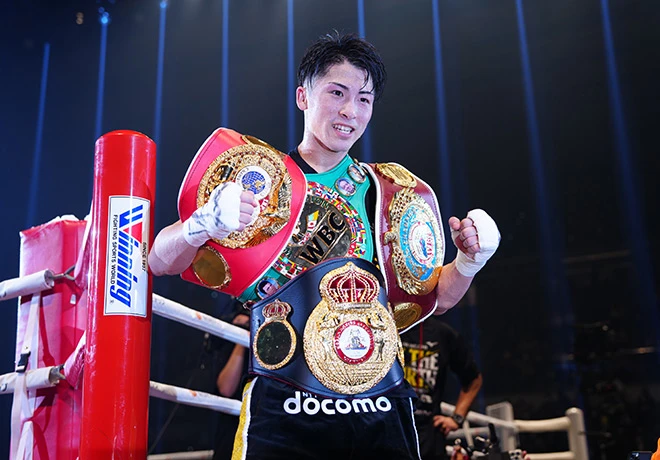
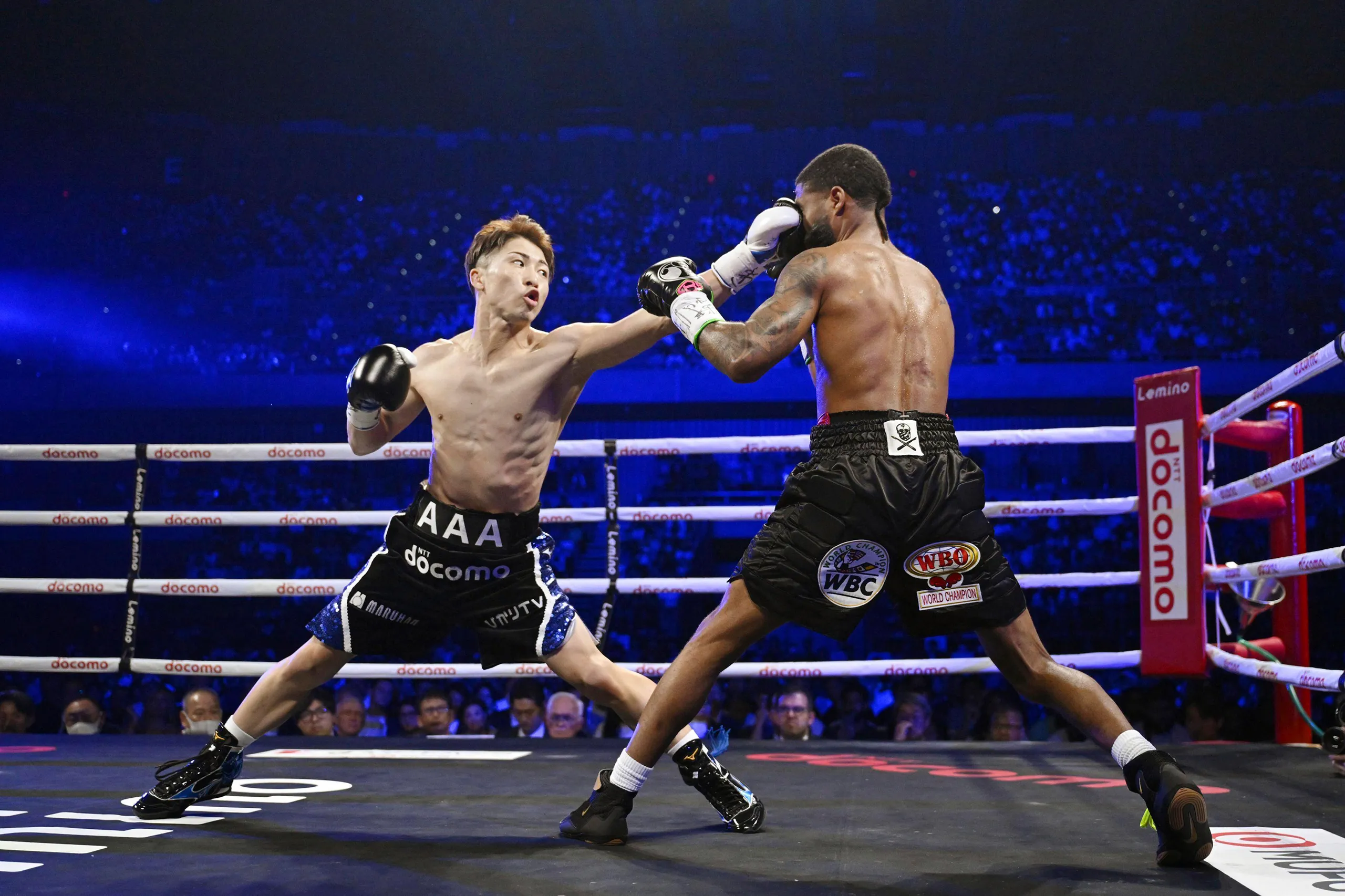

Witnesses claimed that Kotari was a bit dazed, but he fought through the fight only to collapse in the boxing ring. He was rushed immediately to the hospital in which doctors identified the condition as a subdural hemorrhage which is a life-threatening illness caused by the bleed in the area between his brain and skull. The surgeons carried out emergency surgery but, no matter what they tried, Shigetoshi Kotari’s death was confirmed on the evening of Friday 8 August.
The news was a sigh of relief for the fans as well as officials and officials alike, as Kotari was widely seen as one of Japan’s emerging stars, with hopes of becoming an international champion.
Hiromasa Urakawa Death A Day Later
In a different twist, light boxer Hiromasa Urakawa suffered a knockout loss to Yoji Saito on the exact same card. As with Kotari the fighter was taken to the hospital for treatment. He also was treated with a craniotomy in order to reduce the swelling of his brain.
Despite surgery, doctors were not able to save him. Hiromasa Urakawa’s passing was confirmed on the following day on Saturday, September 9. His death, which occurred just 24 hours after Kotari’s death, heightened the pain and raised a number of urgent concerns regarding the safety standards for boxing in Japan.
Reactions and Tributes
The World Boxing Organization (WBO) issued heartfelt tributes to both fighters via social media.
“Rest in peace, Shigetoshi Kotari. A warrior in the ring, a fighter in spirit, gone too soon,” the WBO published on August 8.
A day later the day after Urakawa’s demise the company wrote: “This heartbreaking news comes just days after the death of Shigetoshi Kotari who passed away of injuries sustained during boxing on the exact same show. We offer our sincere condolences for the families and friends of Urakawa as well as all the Japanese boxing community in this extremely difficult moment.”
Fans also filled Instagram with admonitions as they reread Kotari’s fight post where he stated, “I will definitely be a champion,” and Urakawa’s promise that 2025 will be a year solely focused on winning.
Safety Changes After Korakuen Hall Fight Injuries
The Japanese Boxing Commission has responded to the tragedy with immediate changes. Beginning immediately beginning immediately, all OPBF title fights will be cut in duration from twelve rounds down to ten rounds as a way to limit long-term brain injury.
Experts say that the deaths are a sign of an increasing concern about Korakuen Hall fight injuries since it has hosted numerous fights over the years and is frequently the testing arena for Japan’s rising talents.
Fighters’ Careers Cut Short
Kotari was in the fight with eight wins (5 through knockout) 2 losses and two draws. Urakawa had won 10 times (7 knockout) and had suffered 4 defeats. Both were regarded as highly skilled fighters, on the brink of more achievement.
Their sudden death has rekindled discussions within the sport over how far safety measures could effectively be used to prevent incidents without changing boxing’s core nature.
A Community in Mourning
Deaths of Shigetoshi Kotari as well as Hiromasa Urakawa in a row have shaken not just the Japanese boxing scene, but also the entire world of sport. The fighters, fans and officials continue to pay tribute while demands for more medical supervision and shorter duration of fights grow in strength.
For a lot of people who were affected, for many, the Japanese boxing disaster in August 2025 remains a numbing reminder of the risks that boxers are willing to take when entering the ring. It also marks an important moment in the way boxing is viewed by the public as a sport that confronts its inherent dangers.


